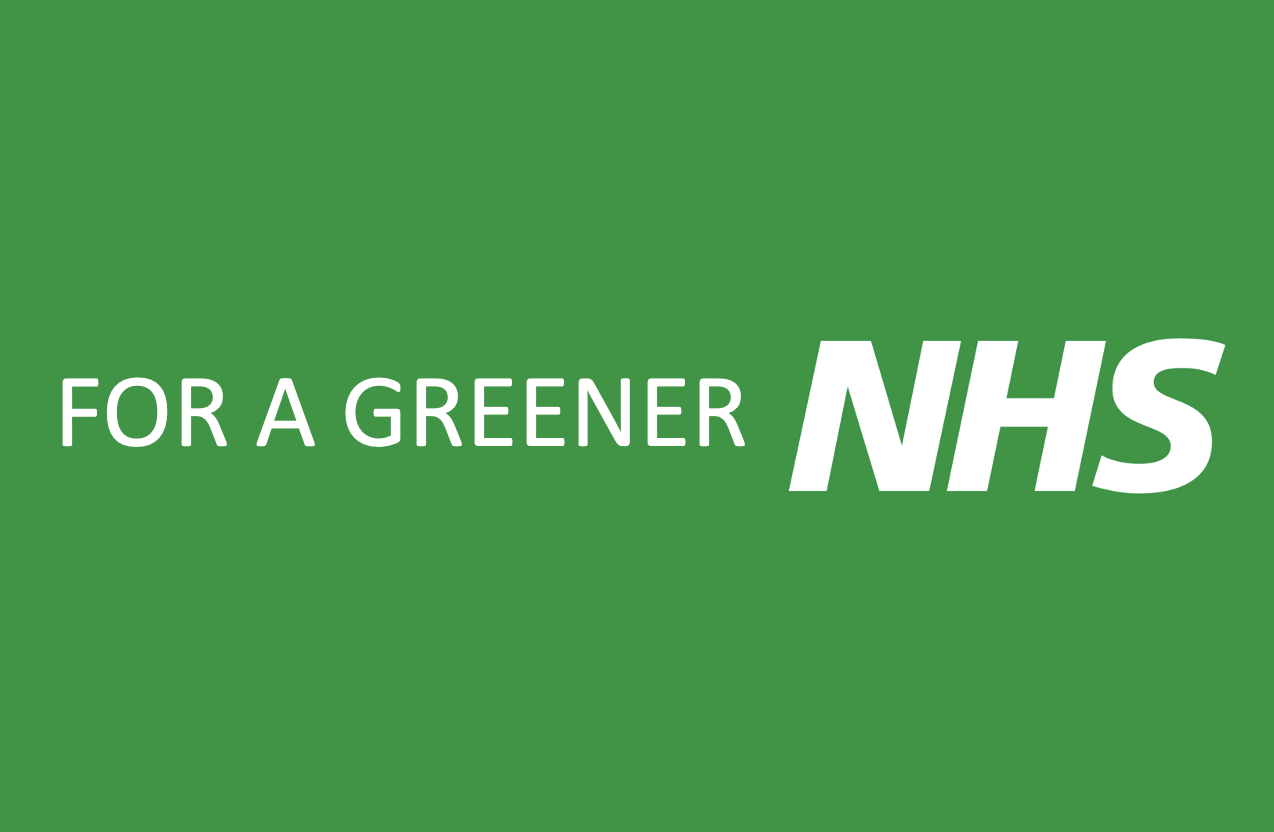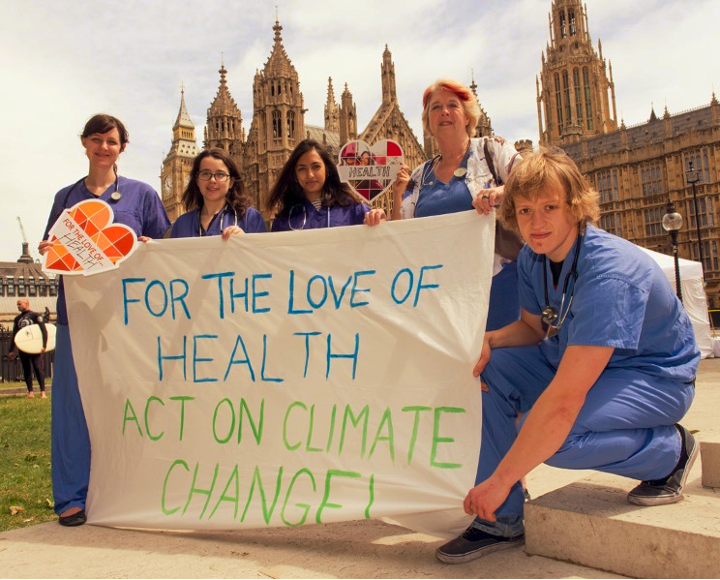Our News
Net Zero NHS


Why Carbon Literacy for the NHS?
The global health sector accounts for around 4% of emissions worldwide, that’s more than shipping or aviation. The NHS’s carbon footprint totals at 25 million tonnes per year – that’s the same as the whole annual emissions of Sri Lanka! In order to improve population health we must work to reduce our emissions as a society. But how can our global health services provide high quality healthcare whilst contributing to 4% of global emissions?
The need for the NHS to reduce emissions is highlighted in the NHS net zero report. The understanding that to improve health we must reduce emissions is recognised in policy, but how is this reflected in our actions?
The NHS net zero report published in October 2020 states that staff engagement is key for achieving influential changes across the NHS, the report also adds that the NHS has a need to increase Carbon Literacy in order to achieve the goals stated throughout. Ensuring staff have access to climate education that is relevant and local to their organisation and their job role is an essential ingredient for recognising tangible action to take in the process of meeting Net Zero for the NHS.
A Lancet report published this year highlights that despite being aware of climate change, healthcare staff feel uncomfortable discussing the issue with patients and colleagues. The report highlights the need for ‘continuing professional education, communication training and patient education materials…’. This publication points towards insufficient knowledge of the links between climate and health. Confidence and assurance in the discussion around climate change is key when communicating how to drive low carbon action, highlighting a need for training in this area.
We have been working on a Carbon Literacy Toolkit for NHS and Ambulance services which provides Trusts with the resources and tools needed to engage their staff in communicating the climate crisis. The materials aim to provide staff with the skills and knowledge to understand why the NHS needs to reduce emissions and to drive change to meet national net zero targets, encouraging low carbon actions across the NHS.
What tools are available to bridge the gap between policy and staff engagement?
The Healthcare Framework, which includes a slide deck, trainer manual, activity pack and getting started documents, provides a comprehensive and detailed starting point to deliver climate education within your Trust. The framework is suitable for all healthcare staff, whilst containing customisable content specific to department & job role. The body of the material covers international policy, NHS emissions and the links between climate and health, whilst around 25% is customisable content to ensure the course is specific to learners’ job roles within the Trust. Trainers are required to insert their own department specific content to ensure learners complete the course knowing what they can do in their daily role to reduce their workplace emissions, as well as the wider emissions of the NHS.
The tools have been developed and piloted alongside a range of committed NHS organisations (detailed in the image above). We would like to give a special thanks to these organisations for their hard work and enthusiasm in supporting the development and pilot of these materials. Testing materials with sector professionals is crucial when developing effective tools for the successful engagement of staff for emission reductions.
Thanks to the determination and enthusiasm of individuals from the participating organisations, challenges have been overcome through the process of Toolkit development. We faced time constraints, resource and budget limitations as well as irregular staff availability; but, through creative design, we have morphed the materials to fit the unique requirements of the NHS.
Organisations often find that without their management, directors and leadership on board it is difficult to deliver training across their Trusts. At the North West Ambulance Service, where original uptake was gradual – once one of their directors came on board, NWAS built momentum and now run drop-in Carbon Literacy training for all staff on a quarterly basis. This commitment will speed up the cultural shift towards meeting net zero targets and nurturing a more Carbon Literate workforce for our healthcare services.
To improve access to Carbon Literacy across the NHS we are developing the Carbon Literacy for Healthcare Leadership course which is being piloted on our CL Action Day on Monday 1st November. This course will focus more time on climate conscious decision making and how leaders can exert positive influence across their entire organisation. We aim to finalise this process in the new year (2022).
To find out more about how you can get Carbon Literacy training rolled out for all staff within your Trust come along to our showcase day on Monday 8th November. You will see highlights of the course and hear from individuals who have been using the Toolkit. If you have any further questions please do get in touch at [email protected].
